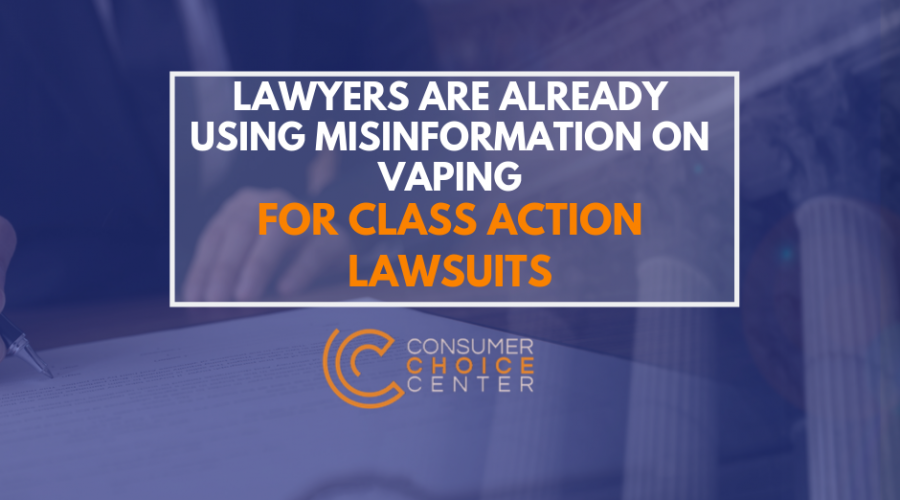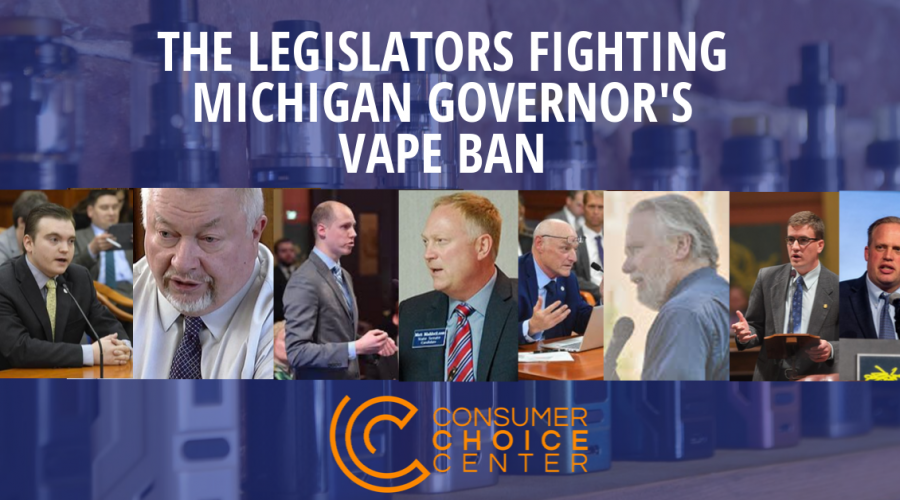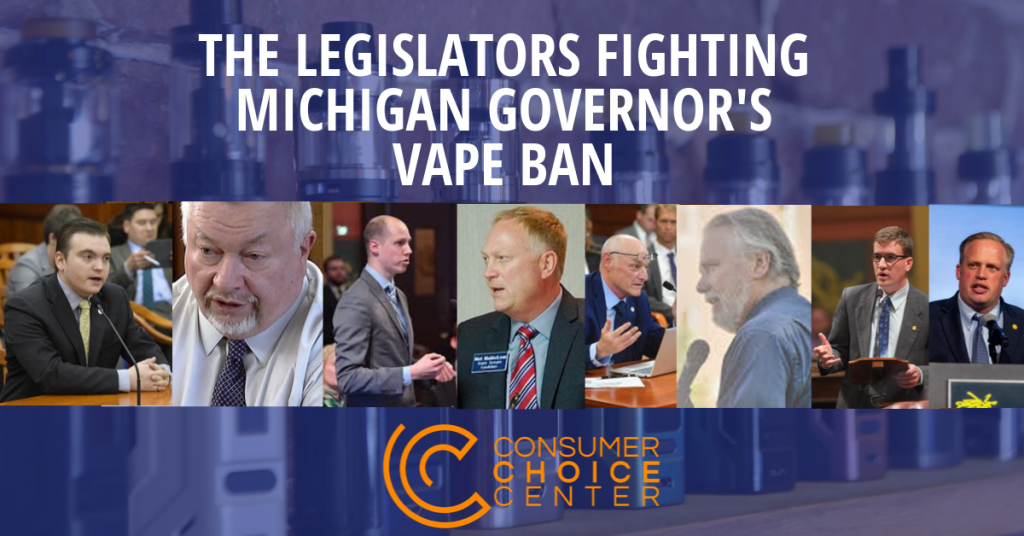Banning Cannabis Vape May Lead to Bigger Black Market Problem, Warns Consumer Choice Center
The Consumer Choice Center says the province’s cannabis vape ban is a dangerous mistake.
The provincial government on Wednesday announced that it is not going to allow the sale of cannabis vape products in Newfoundland and Labrador – at least for the time-being.
David Clement of the Consumer Choice Center, an anti-regulation non-profit organization, says the move to ban cannabis vape devices does more harm than good, and will put consumer safety at risk.
Clement says available evidence shows that severe lung illnesses from vaping are being caused by illegal vape products with harmful and prohibited additives, that are not in legal products.
He says the ban prevents legal and compliant products from stamping out the black market alternatives that are hurting people, making the problem worse.
The Consumer Choice Center is the consumer advocacy group supporting lifestyle freedom, innovation, privacy, science, and consumer choice. The main policy areas we focus on are digital, mobility, lifestyle & consumer goods, and health & science.
The CCC represents consumers in over 100 countries across the globe. We closely monitor regulatory trends in Ottawa, Washington, Brussels, Geneva and other hotspots of regulation and inform and activate consumers to fight for #ConsumerChoice. Learn more at consumerchoicecenter.org











